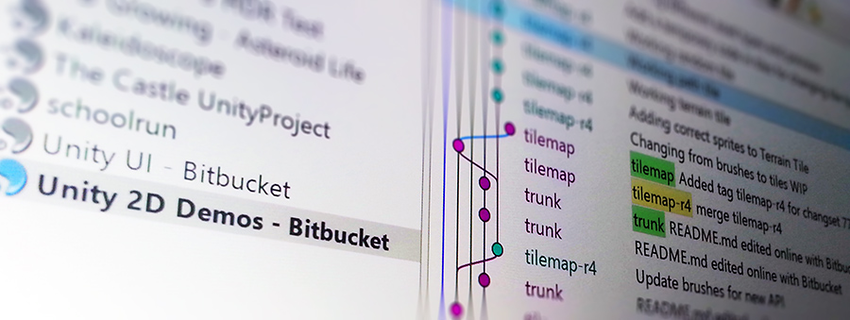Open-source repositories

Our decision to start open-sourcing components of Unity is intended to help us engage with you, our customers and users. We want to provide you with all of the securities and flexibilities that having source access provides.
We always welcome collaborative participation and community development. It is our hope and expectation that with this initiative, our community will be able to extend Unity in ways that were previously not possible.
Unity repositories
We recommend that you use Bitbucket when contributing to Unity, as this is what we tend to use internally, and it keeps things simple. Unity has a number of open-source repositories to help developers use the Unity software:
http://bitbucket.org/Unity-Technologies/
This is our newest repository, used primarily by the UnityUI team and the R&D Content team. Some core R&D projects end up on here (largely due to developer preference), such as the 5.3 Memory Profiler.
https://github.com/Unity-Technologies
This is our oldest repository, where some of our core R&D projects keep their open-source work. Key projects include Unity’s fork of Mono (the C# runtime), MonoDevelop (the code editor), and Katana (our build/CI system). Much of the tech used for WebGL, such as Emscripten, is also hosted here.
This repository is used by Unity Japan’s R&D and Evangelism teams. It contains demo projects, prototypes and side projects from that office’s employees. Interesting projects include the upcoming Asset Graph system for building AssetBundle, a demonstration project illustrating how to effectively use threads in Unity, and an example project demonstrating how to use Unity Ads.
If you’d like to learn more about contributing to the development of Unity, please see the section on Open Source Contributions.